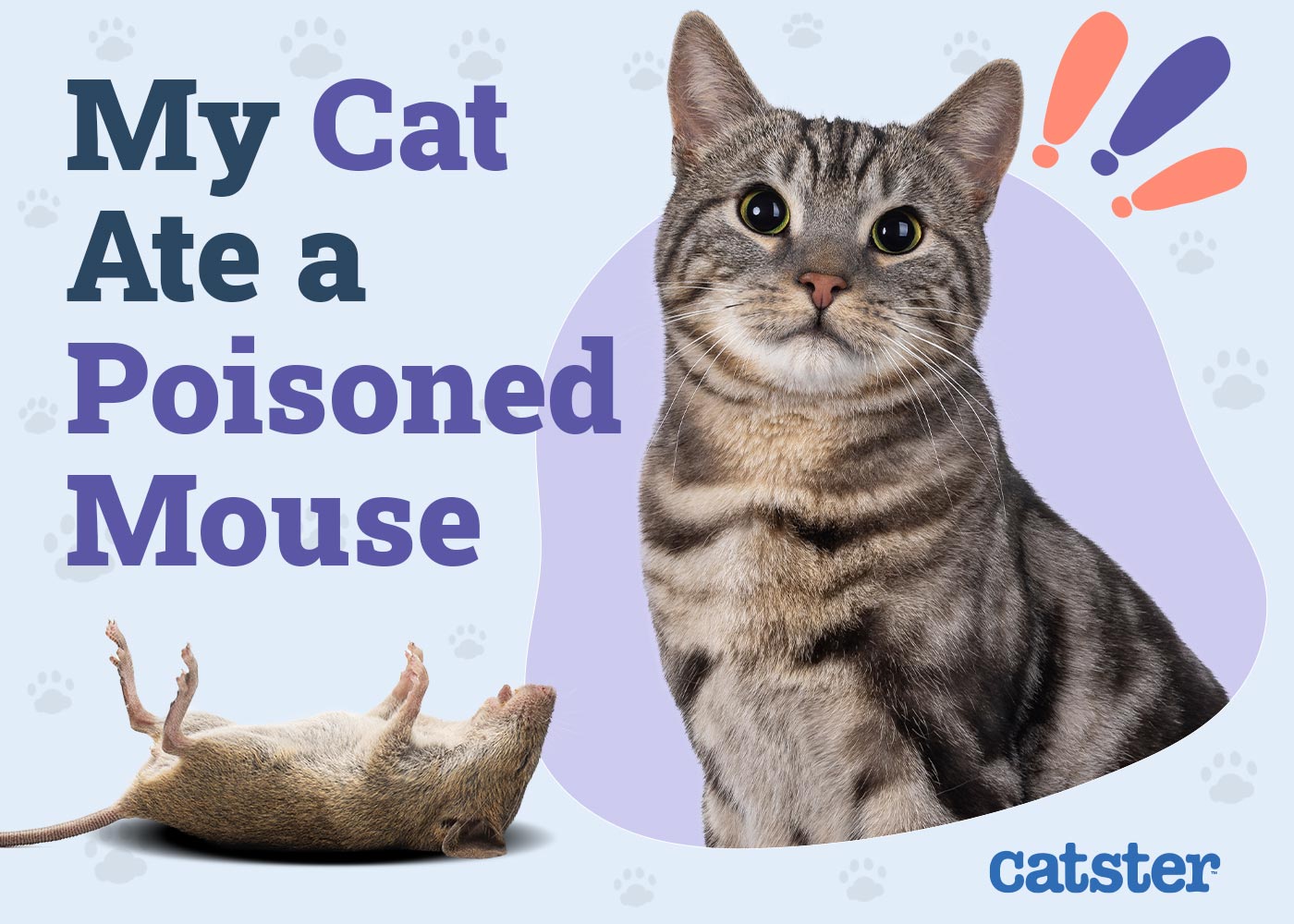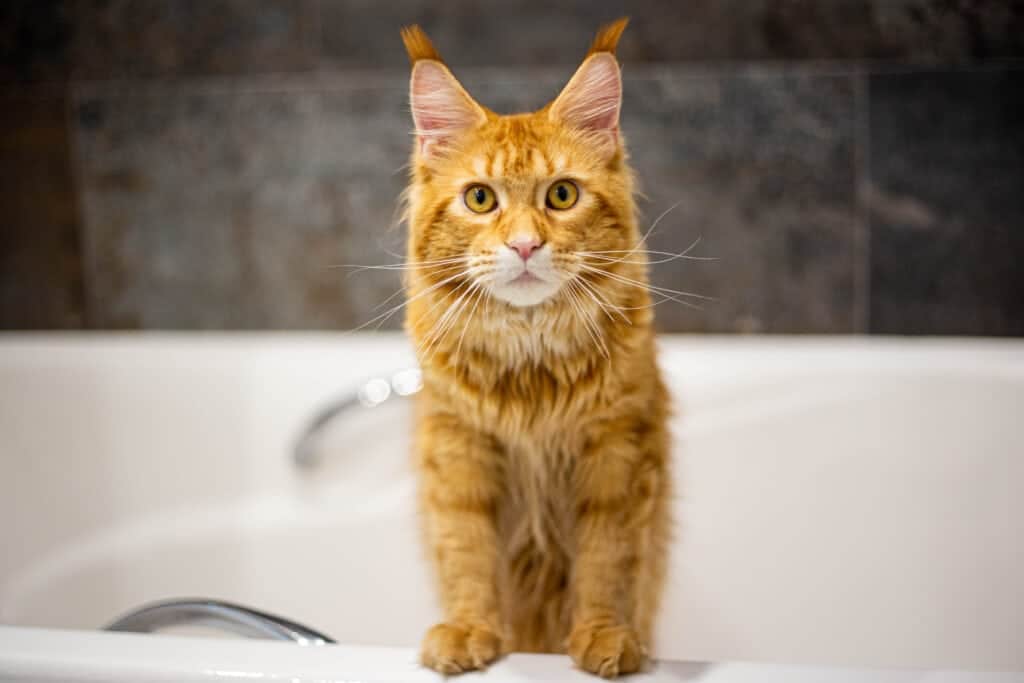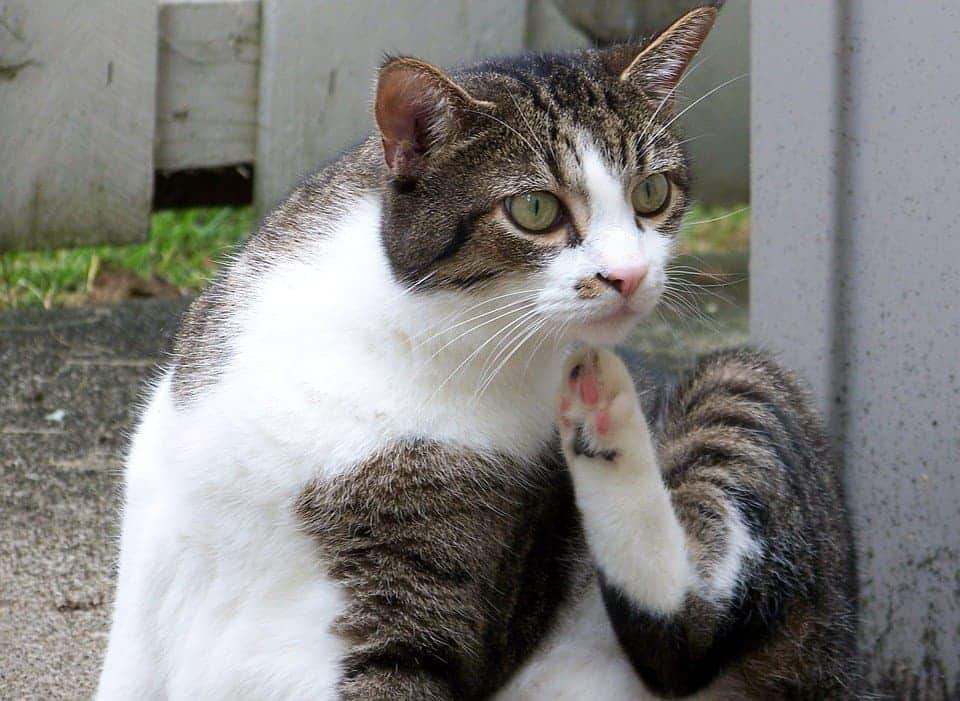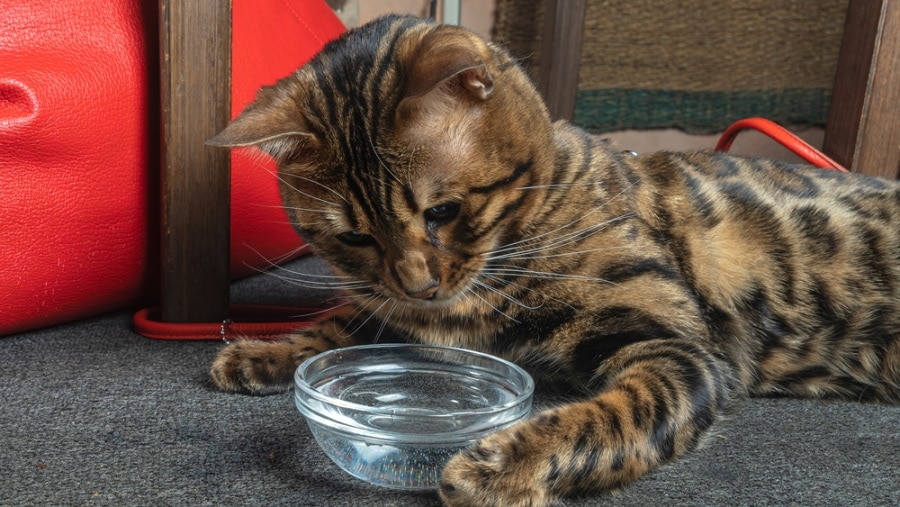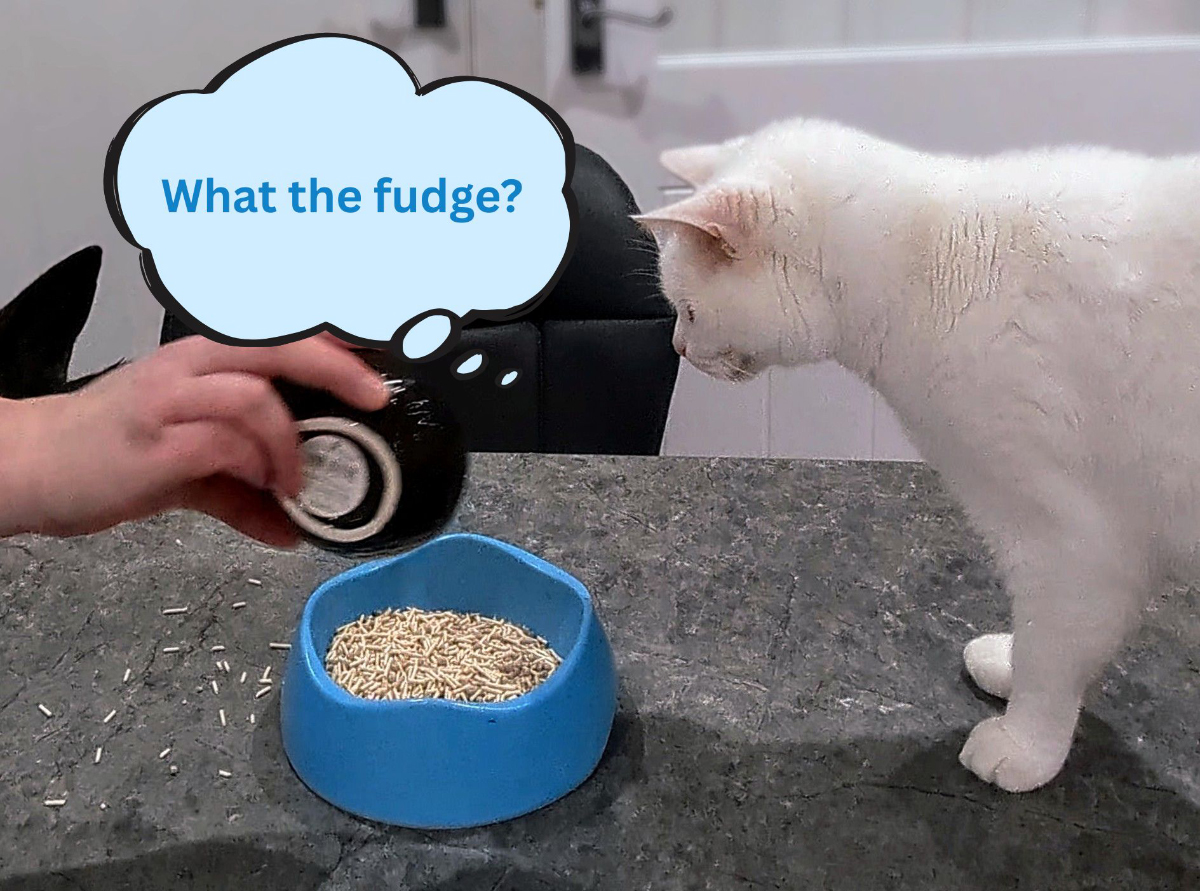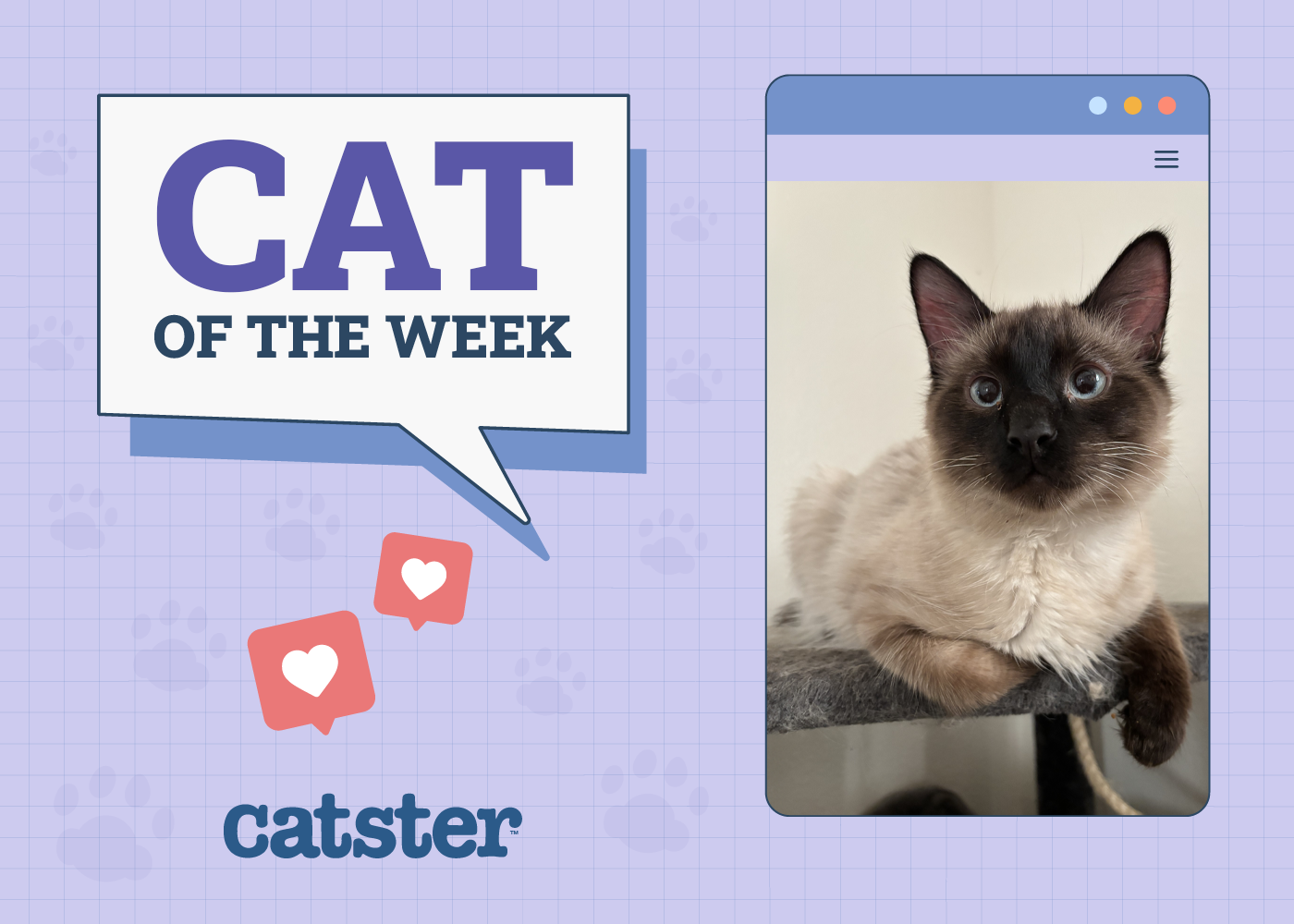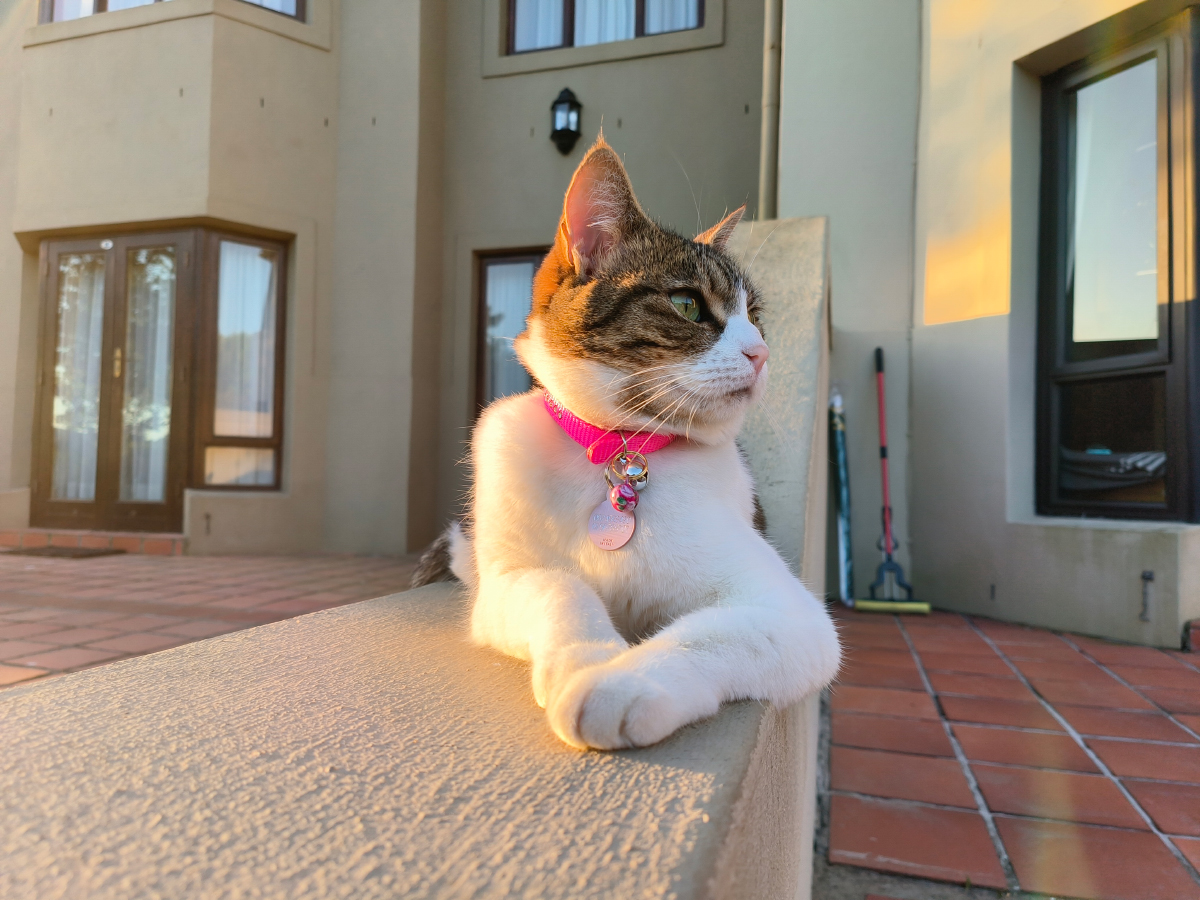Cats are natural predators. They love to hunt toys, bugs, and small animals if they get the opportunity. Many people have cats as pets for companionship and to help protect their homes from rodents and other pests (like cockroaches).
Not all cats eat the mice they catch and kill, but some do. If your cat eats a rat or mouse, it is unlikely they will get ill, even if the rodent has been poisoned. The idea of your kitty eating a poisoned mouse might seem scary, but if you know the risks and the signs to look out for, you can have the confidence of knowing that you can handle the situation.

The 3 Steps to Follow After Your Cat Ate a Poisoned Mouse
1. Understand the Risk
While it is possible, it is not commonly reported for a cat to get seriously ill after consuming some or even all of a poisoned rodent. The amount of poison a rodent must eat to be deadly is much less than a cat would need. This does not mean that the poison won’t affect your cat in any way, and it is always recommended to contact your vet if you have concerns your cat may have been exposed to a poison.
Poisoning is not the only risk of a dead rat or mouse. The rodents harbor mites, roundworms, and fleas—none of which you want your cat to become infested with. If your cat is your designated rodent hunter, they should receive regular parasite prevention medications and treatments.
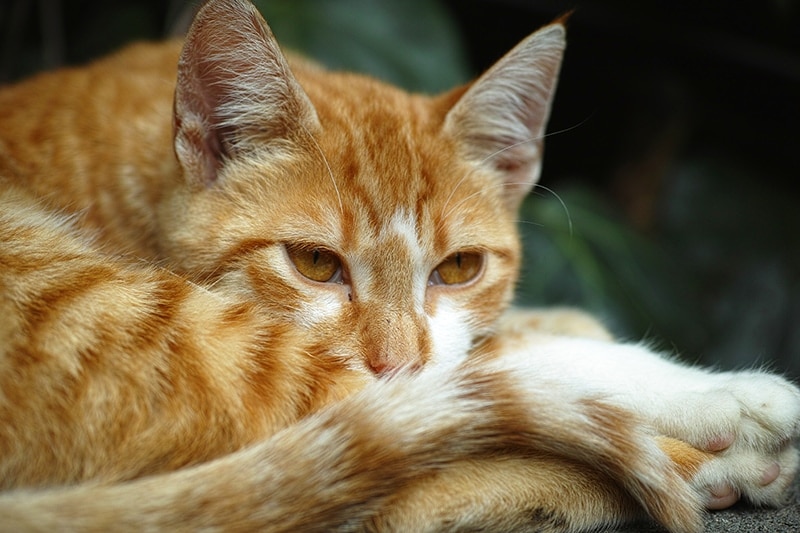
2. Keep an Eye Out for Signs
If you notice that your cat has eaten some or all of a rodent, it is a good idea to watch for signs of poisoning or illness for about 48 hours. During this time, your pet may display the following clinical signs if the poison in the rodent has affected them:
- Lethargy
- Vomiting
- Diarrhea
- Abdominal discomfort
If any of these signs arise, contact your veterinarian and visit an emergency veterinary clinic. But you can relax if no signs of poisoning are displayed 48 hours after your cat eats a mouse.
Parasites take longer to settle in and do not pose as much of an immediate danger as poisoning does. However, you should continue to keep an eye out for signs of parasite infestation, which include:
- Dull coat
- Coughing
- Bloody feces
- Loss of appetite
- A “pot belly”
If your cat gets infested with parasites, a veterinarian can treat the problem. Afterward, your cat will live a happy, healthy, and safe life.
If you need urgent veterinary advice, consult a vet online.
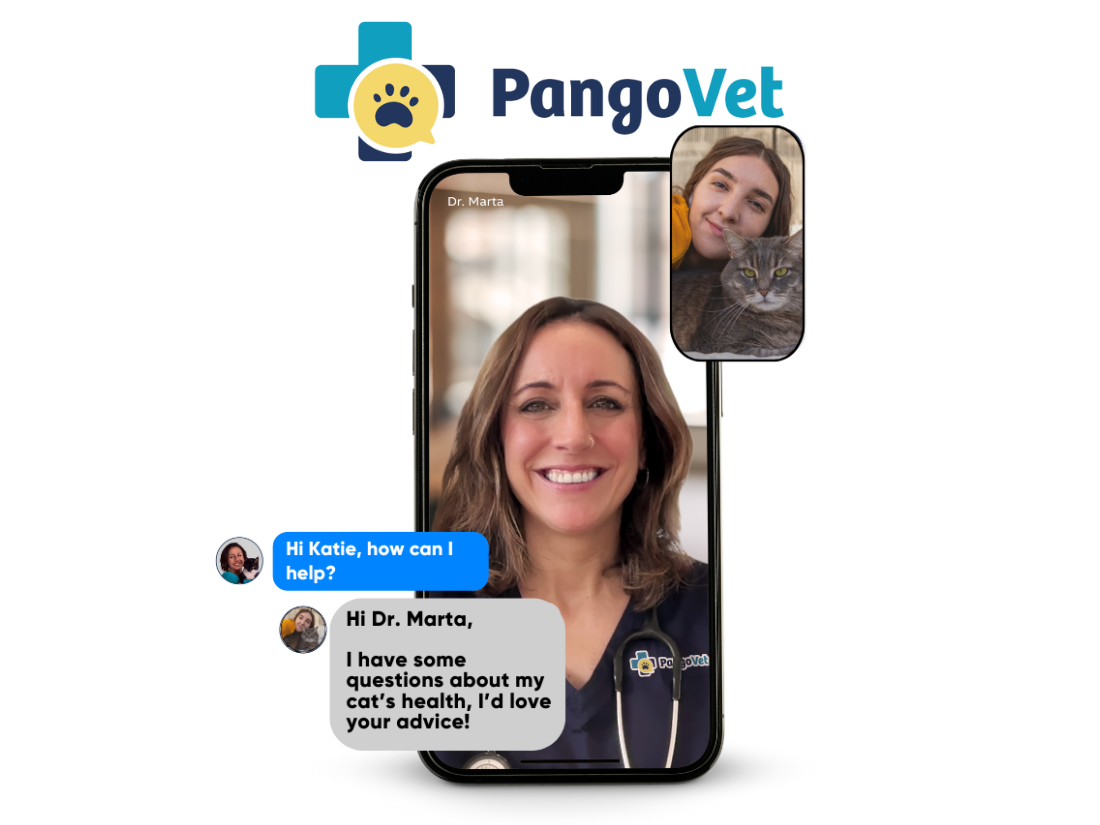
If you need to speak with a vet but can’t get to one, head over to PangoVet. It’s an online service where you can talk to a vet online and get the personalized advice you need for your pet — all at an affordable price!
3. Consider Other Forms of Rodent Management
One of the best ways to ensure that your cat does not eat a poisoned mouse is to avoid using rat poison on your property. An effective option is a mechanical “snap trap” that lets you load it with treats that mice and rats like, such as peanut butter or small pieces of meat.
When a rat goes to eat the treat, the trap snaps closed and kills them. This type of trap requires you to clean it frequently, but it will ensure your cat stays safe from poisons.
Other options include:
- Sonic Pest Repellents — These are designed to repel rodents with noise frequencies that they can hear but humans, dogs, and cats cannot. Keep in mind that little research exists to verify the effectiveness of these products. Some people report that they work, while others say they don’t. The only way to know if a sonic pest repellent will work for you is to try it.
- Humane Release Traps — These are usually designed to look and function like pet habitats, but they are meant to be temporary and are not that large. The idea is for you to put a snack inside, and when a mouse enters to retrieve the snack, the habitat automatically closes, and the rodent is trapped until you let it loose somewhere else.
- A Professional Pest Control Specialist — Let your service provider know that you are trying to keep rodents away while protecting your cat, and they should be able to present you with humane pest control options to consider.
The idea is to keep rodents out of your house without endangering your pet cat’s health and happiness. If one pest control method doesn’t work, you can try another.
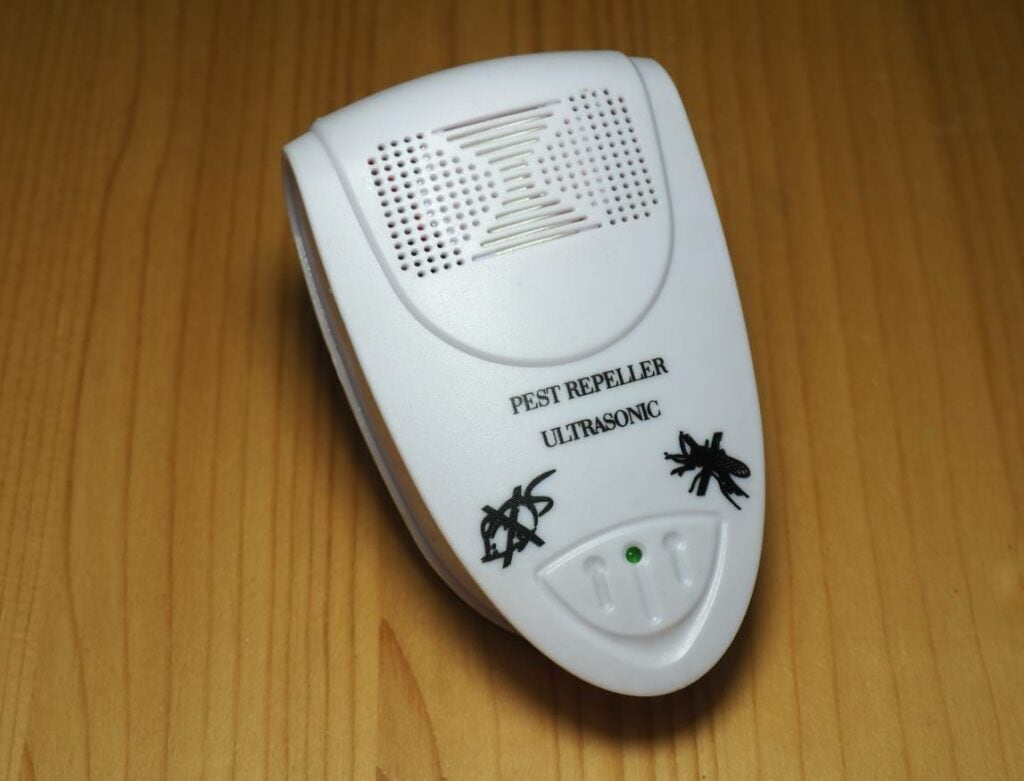
 Conclusion
Conclusion
While it’s true that cats can become sick after eating a poisoned mouse, few cats become ill, and prompt veterinary intervention can help those affected recover. Cats are at higher risk of contracting a parasitic infestation than anything else. Now, you know the signs to look for if your kitty eats a mouse and what to do about it if you notice any problems.
Featured Image Credit: Viacheslav Lopatin, Shutterstock

